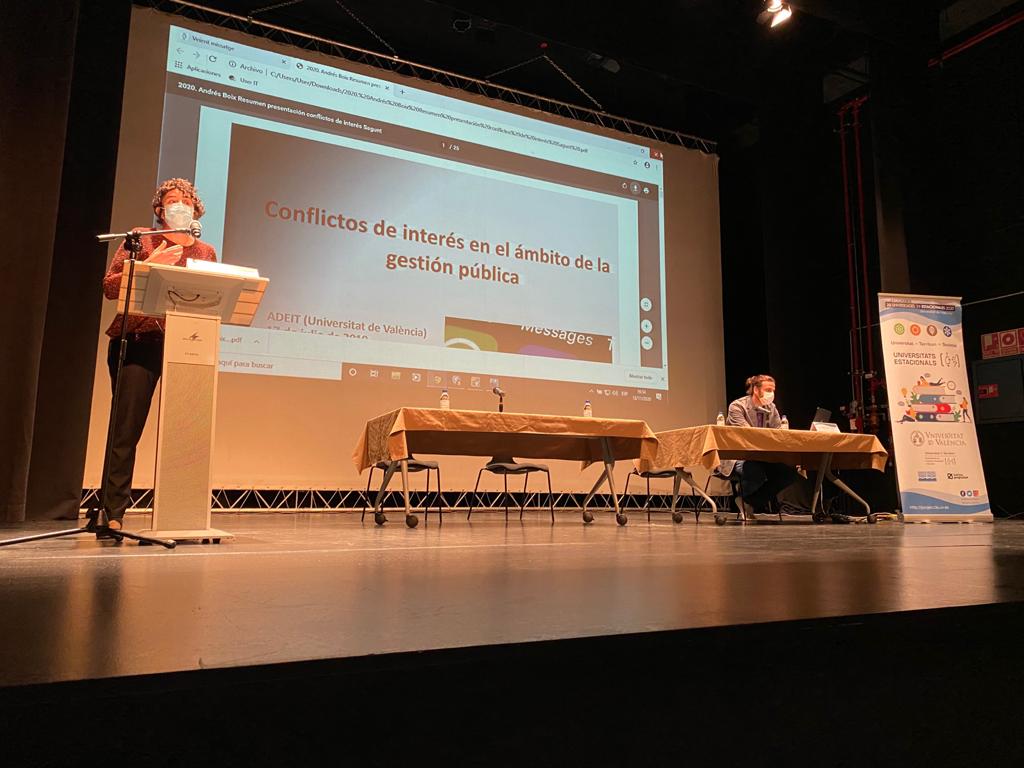Valencia, November 19, 2020.- The Valencian Anti-Fraud Agency has published the final resolution on an investigation carried out by a complaint filed in July 2018 in which certain irregularities were collected in the management of the job boards of the Ministry of Justice, Interior and Public Administrations.
The denounced events refer to a selection process for occupational risk prevention technicians held in 2009 in which three positions were offered to three people, articulating their appointments through an extraordinary provision procedure.
For the performance of the positions, it was required, as stated in the List of Jobs (RPT), to be in possession of the title of Occupational Risk Prevention Technician-Safety and Industrial Hygiene at the time of taking possession.
As recognized by the Ministry of Justice itself, there is no evidence of compliance with the requirements demanded in the case of one of the selected persons.
In its final investigation brief, the AVAF urges the Department to proceed with the ex officio review of the acts incurred in cause of nullity of full right as well as to initiate the procedures to resolve the different responsibilities of the personnel and authorities at the service of public administrations.
| Editable note in ODT format | |
| Editable note in DOC format | |
| Final resolution of proceedings |




